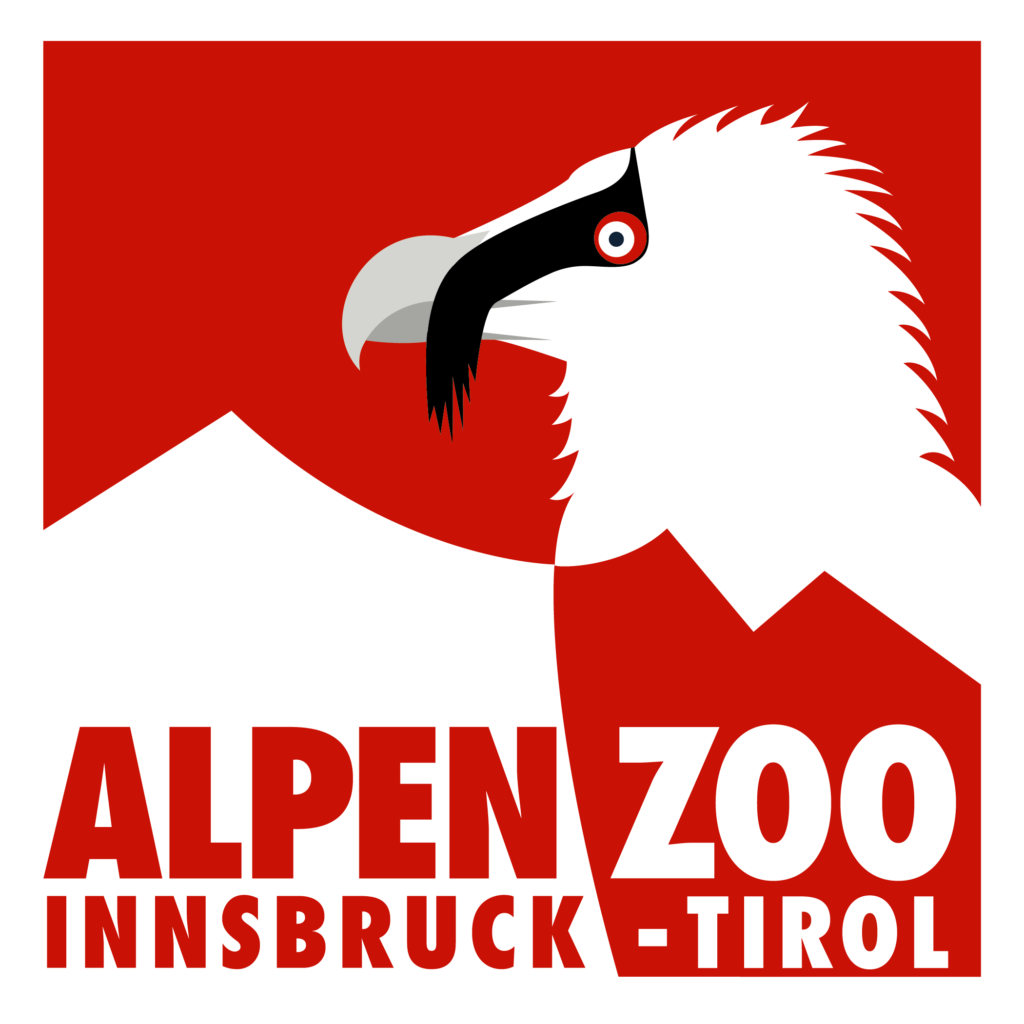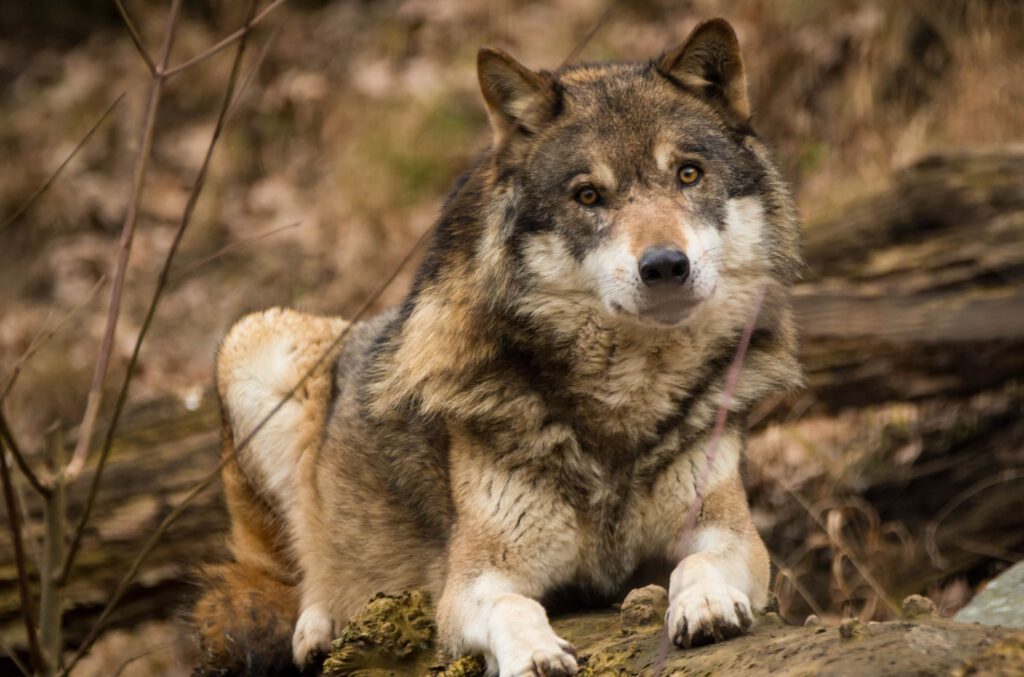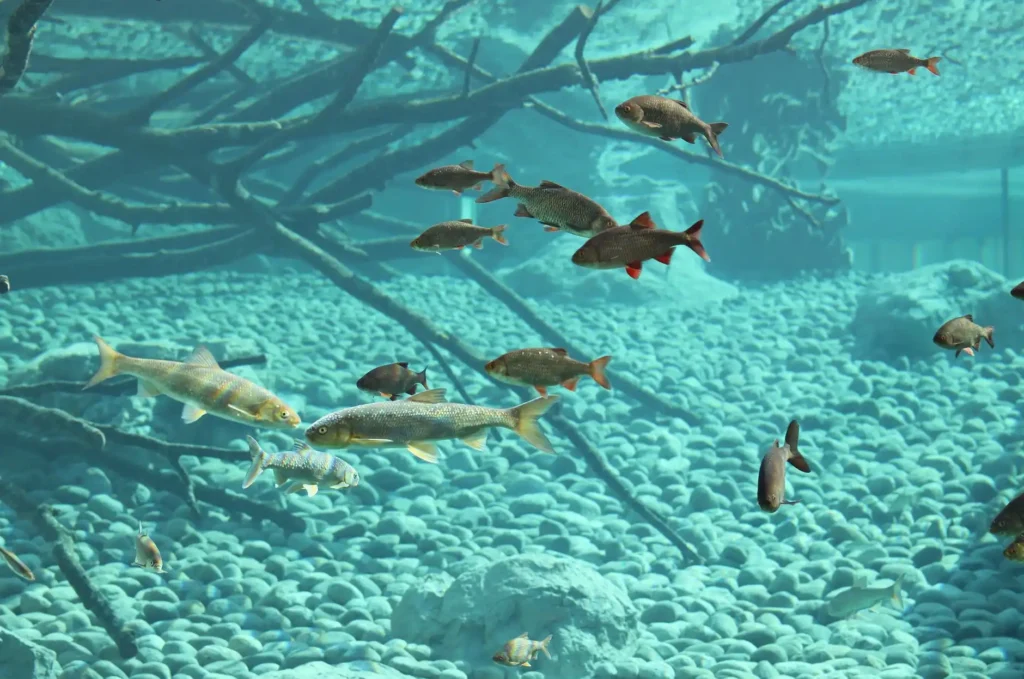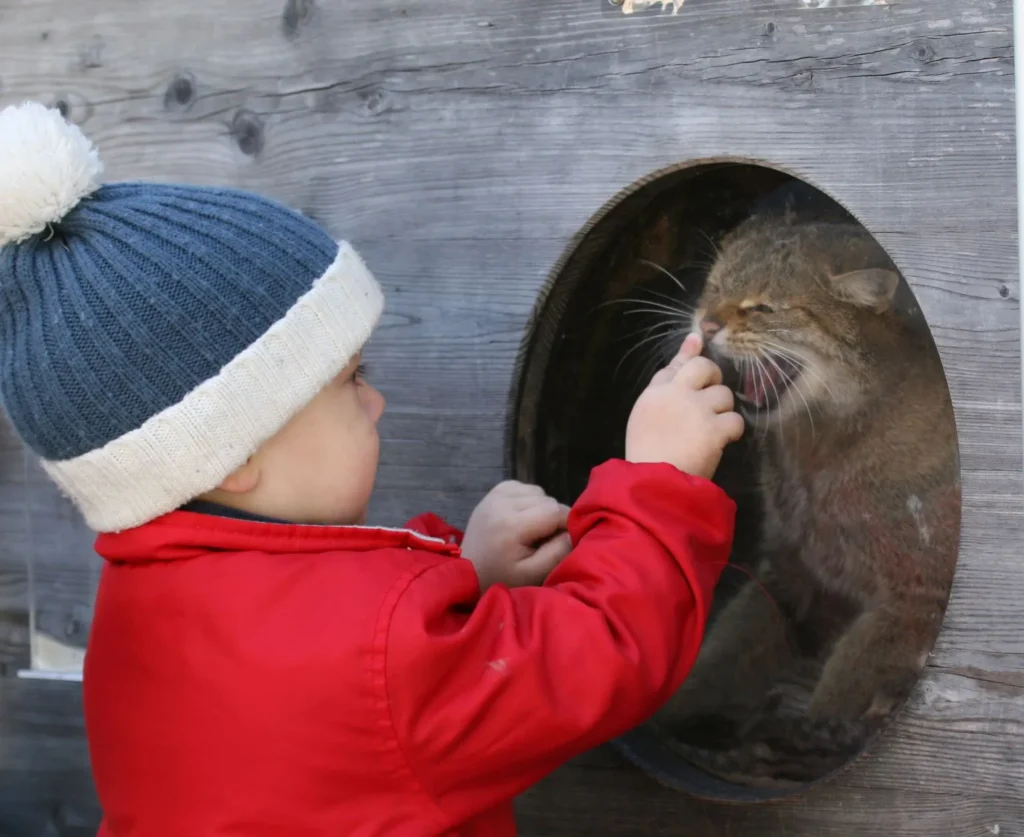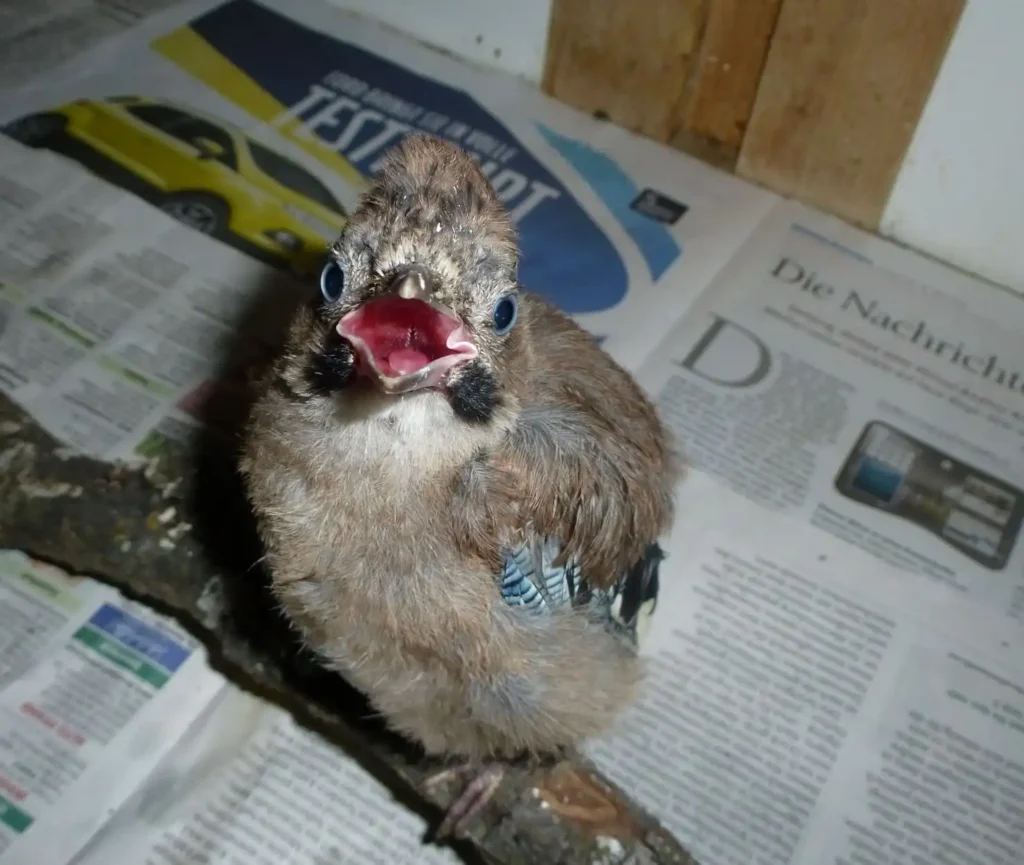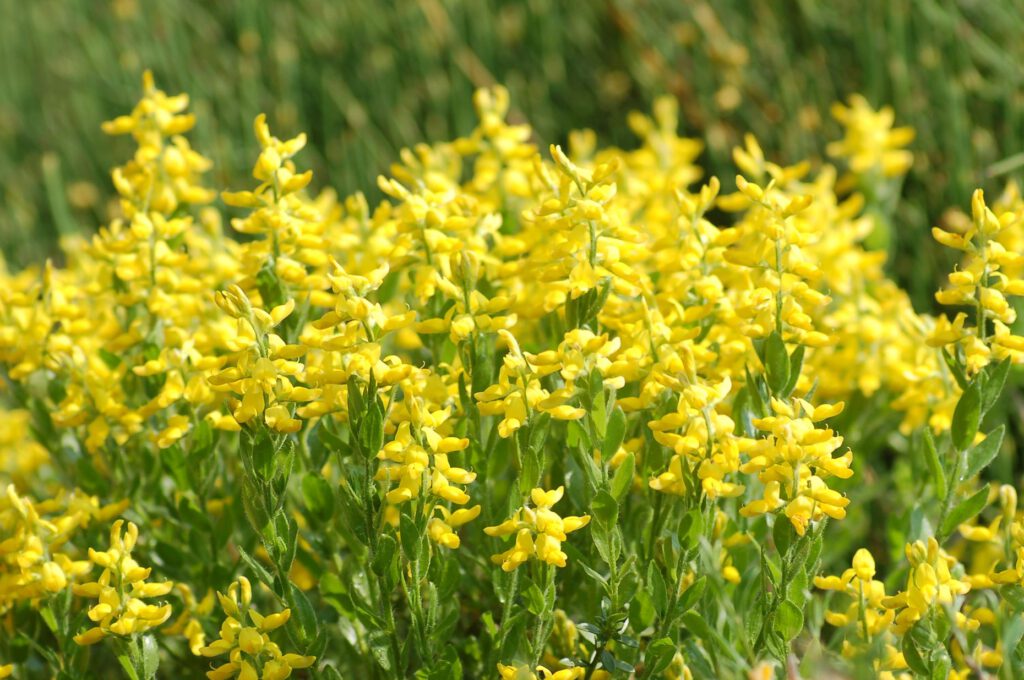NATURE & SPECIES CONSERVATION
Nature and species conservation is one of the central tasks of a zoological garden, especially in a world where so many species have become rare and intact habitats are disappearing. Zoos try to fulfil this task through public relations work, participation in research and animal protection projects. With the help of coordinated European Endangered Species Programmes (EEP), genetically stable "reserve populations" are maintained in zoos, which can then be made available for well-planned and supervised reintroduction programmes in national parks, nature reserves and intact habitats.
Subject areas
- Coordination of the EEP for the Northern Bald Ibis (Geronticus eremita)
- Participation in the EEP for lynx (Lynx lynx), otter (Lutra lutra), European bison (Bison bonasus), bearded vulture (Gypaetus barbatus), black vulture (Aegypius monachus), black stork (Ciconia nigra)
- Participation in the ESB (European Studbook) for griffon vulture (Gyps fulvus), Egyptian vulture (Neophron percnopterus), hoopoe (Upupa epos), European brown bear (Ursus arctos ssp.), European pond turtle (Emys orbicularis)
- Participation in and implementation of reintroduction programmes for Alpine ibex (Capra ibex), wildcat (Felis silvestris), bearded vulture (Gypaetus barbatus), European pond turtle (Emys orbicularis), grouse, owls
- Sanctuary for injured wild animals and foundlings (nature conservation, species protection, animal welfare)
- Species conservation project Bavarian Pine Vole (Microtus bavaricus; see below)
Saving an (almost) unknown species: The Bavarian Pine Vole species conservation project
The Innsbruck-Tyrol Alpenzoo and the Garmisch-Partenkirchen State Ornithological Institute at the Bavarian State Office for the Environment (LfU) are jointly conducting a species conservation project to save the Bavarian Pine Vole (Microtus bavaricus) This cross-border initiative is dedicated to protecting this vole species, which is threatened with extinction.
The Bavarian Pine Vole was first discovered near Garmisch-Partenkirchen in 1962 and was considered lost after decades of non-appearance - until individuals were found again in Mittenwald in 2023 after many years of searching by the LfU Bavaria. Until then, the only other known occurrence was in North Tyrol, near the Alpenzoo Innsbruck Tirol. Due to its small distribution area and very small population, it is classified as "extinct or lost" in the German Red List and as "threatened with extinction" in the Austrian Red List.
The work of the Alpenzoo to protect the Bavarian Pine Vole includes
- Regular "in-situ" monitoring of the remaining populations in Bavaria and Tyrol and search for other previously unknown populations in the region;
- Conservation measures and habitat management to preserve and optimise suitable habitats;
- Breeding of the Bavarian Pine Vole in cooperation with other zoos for "ex-situ" species conservation and release or reintroduction into suitable habitats; and
- Public relations and environmental education to draw attention to the importance of this unique species in the Alpine region.
The Bavarian Pine Vole project is being carried out in parts of Bavaria and Austria with the support of several partner institutions. Measures within the area of the EUREGIO Zugspitze-Wetterstein-Karwendel will be realised as part of the project "BA0200319 - Rescue of the Bavarian Pine Vole 2025-2026" to 75 % from EU funds for regional development (ERDF) of the INTERREG VI-A programme Bavaria-Austria 2021-2027 as well as additional funds from the Alpenzoo. Work beyond the EZWK region is made possible by funds from the Alpenzoo.
Another important aspect is the establishment of an IUCN species conservation centre at the Alpenzoo Innsbruck-Tirol. The IUCN (International Union for Conservation of Nature and Natural Resources), one of the largest non-governmental organisations in the field of nature conservation, is an important partner organisation. Other partners to date include various IUCN expert groups (e.g. for small mammals, cats, etc.), the state of Tyrol, Aufwind GmbH für Natur- und Umweltschutz, the Bavarian State Office for the Environment and various research institutions. The IUCN Center for Species Survival at the Alpenzoo is intended to promote the long-term conservation of endangered small mammals and other Alpine animal species and facilitate strong regional and international cooperation with a wide range of partner institutions.
We look forward to seeing you
Experience a fascinating world full of adventure and amazing animal encounters. Plan your visit to the zoo now and immerse yourself in the heart of nature!
